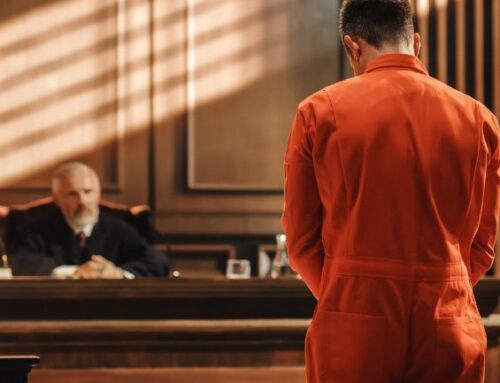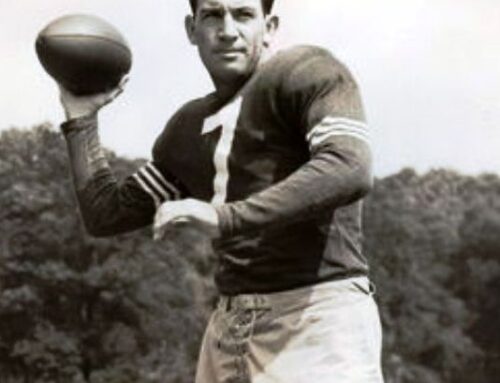We don’t see much in the mainline press these days about Faith, Hope and Charity. In the sophisticated West, we do see a myriad of stories written around the full spectrum of a new brand of human rights, pushed by lib-left activists who seem intent on attacking religion and tradition.
Faith, Hope and Charity are from another era, and smug secular humanists, founded in Canada by no one less than Henry Morgentaler, would scoff at the idea of such old-fashioned concepts.
Narainjan
Two little Afghan boys, in separate countries, taught me indelible lessons about hope and faith.
As a Canadian journalist, my attention to the Soviet-Afghan war was captured by the story of a 10-year-old Afghan shepherd boy named Narainjan, written by John Carron in Reader’s Digest. Chasing one of his flock on an Afghan hillside in the summer of 1986, Narainjan spotted an attractive object lying in the grass. The instant he picked up this “toy,” it exploded in his hands. Two hours later, the boy was discovered in agony by another passing shepherd. His left hand was a mangled mess, and on his right hand, only the little finger and half an index finger remained. It took the Mujahideen (Afghan freedom fighters) three days to smuggle the boy into a Kabul hospital, where a surgeon amputated his left hand.
Narainjan was deprived of his only means of support, as he could never be a shepherd again. He was unable to dress himself, could hold a spoon to feed from only with great difficulty, and at last count was a wretched refugee in a Pakistan camp. But Narainjan, who has never given up on something called “hope,” told Carron, pathetically, that “I think I might learn to hold a pencil,” so that he might one day go to school.
Raised in the Moslem faith, Narainjan does not complain about his handicap, but offers it to Allah as penance for sins.
Tommy
Faith, it is said, can move mountains, and this second anecdote, written up in U.S. newspapers, is written on my heart. I first met Abdul, who insists on calling himself “Tommy,” in the winter of 1988 at Andrew’s Air Force Base in Washington, D.C. By that time Tommy had endeared himself to military base personnel, doctors and nurses, where he ruled as a dark-eyed mascot.
After his first operation Tommy became Americanized in short order. During his recuperation he soon developed a passion for ice cream and for comic books, which he called “funny books.” At the risk of antagonizing, left-wing pacifists, Tommy’s heroes were God, G.I. Joe and Rambo, in that order. Having been raised like all Afghans as a Moslem, he kept referring to the Christian God as “your God.”
Tommy prayed in the base chapel with his two best friends, Mrs. Fisher and the American General who both admitted to “spoiling him outrageously.” Not long after his arrival in the U.S., Tommy noticed that while his own hair was naturally curly, most American boys he met had straight hair. He announced to the General one day that he would pray to “your God” for straight hair. He was dissuaded and told that God busied himself with more vital miracles than changing hair from curly to straight. Somehow during his intensive medical care, Tommy’s hair went straight. “Although we put it down to a strange reaction to some of the medicines he was taking, Tommy attributed it to the “Christian God,” said Mrs. Fisher.
Tommy was now reading American newspapers and one day picked up the President Ronald Reagan and some American senators were deeply concerned about the then eight-year-old war still raging in Afghanistan. One day Tommy announced to Mrs. Fisher and the General that he was praying to the Christian God in order to have a private audience with the American president.
For weeks Tommy could be found in the chapel, his little face squinting with the fervency of his single-minded prayer: “Please, God, let me meet with the president.” Hoping to forestall what could only be disappointment, his friends told him it would be all but impossible for Mr. Reagan to meet with a humble Afghan boy. “Tommy answered us always with one of our own lectures that the Christian God answers all prayers,” recalled Mrs. Fisher.
On the base Tommy heard about a convention to be hosted at a prominent Washington hotel by a committee for a Free Afghanistan. He asked special permission from his surgeon to attend, and was told this was no place for a little boy. Tommy laid in wait for his friend, the General. When he asked him, can you be a very good and quiet little boy, he answered in the affirmative.
The convention went on, and true to his word Tommy was a good and quiet boy, delivering papers and whatever he could carry to convention delegates, and still manage the steel crutches.
On the evening of the closing convention dinner, Mrs. Fisher was told that Tommy was missing. A cry went up and volunteers combed the hotel corridors looking for the boy.
Mary Fisher happened upon this scene, recorded for posterity on the front pages of Washington newspapers. “A security guard had told us not to bother looking in the main ball room of the hotel as President Reagan was addressing a group of American businessmen there.
Remembering Tommy’s obsession, I obtained permission to go into the ballroom for a quick scan. I entered the ballroom just in time to see Tommy hobbling quickly up to the front of the room. In panic, I called out to him but he kept going. He was almost to the podium in front when he was grabbed and picked up by one of the president’s bodyguards. Tommy yelled out, “Mr. Reagan, I am an Afghan, I want to talk to you about my father and Afghanistan.”
Smiling, the president told the bodyguard to let Tommy come forward. For a few minutes he heard the boy speak about his missing father and the war. Softly the president told the glowing boy the United States would never give up on the Afghans.
“There were tears in eyes other than my own,” Mrs. Fisher recalled.
On the way back to the air force base, Tommy told everyone, “I’m not surprised that I got to meet the president. The Christian God answers all prayers.
Tommy is the product of a faraway country, where one million Afghan soldiers who used to be ordinary farmers and merchants went to their deaths with the battle cry, “Allah Akbar” (God is Great) on their lips; a country where, while human rights were ignored for 10 years, an army of peasants, many of them in their bare feet, turned back the most dreaded force on earth, the Russian Red Army.
And, in Washing, don’t tell Tommy and friends about the naiveté of a modern-day miracle called faith.




